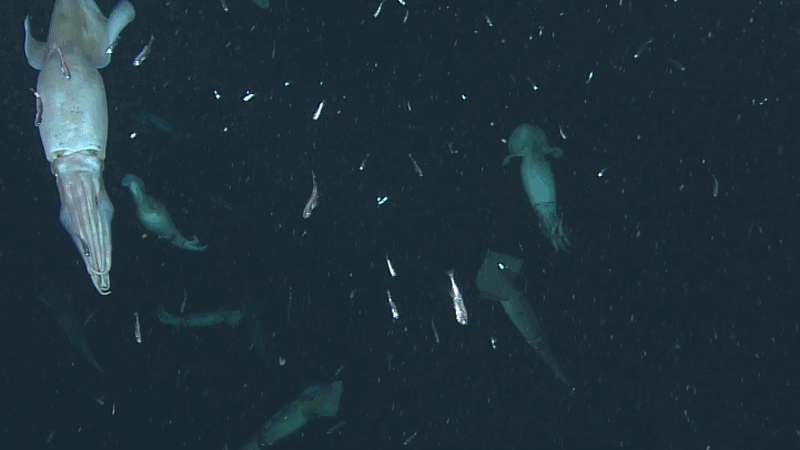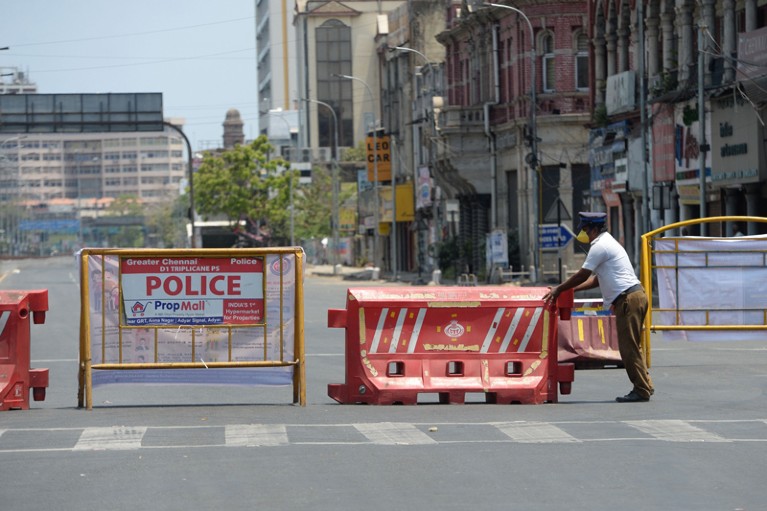Hello Nature readers, would you like to get this Briefing in your inbox free every day? Sign up here

Credit: MBARI
Squid say hello with a light show
Humboldt squid (Dosidicus gigas) greet each other by turning on their internal bioluminescent organs. Researchers analysed hours of footage of roving groups of gregarious Humboldts and found that they sent signals to each other by combining bioluminescence and skin pigments — and dimmed the light show when pursuing prey.
A weak point in Antarctica’s ice sheet
Seawater has advanced by more than 5 kilometres under Antarctica’s Denman Glacier between 1996 and 2018. Satellite data from the Italian Space Agency show that the glacier rests on a trough extending to 3.5 kilometres below sea level — the deepest land canyon on Earth — and holds enough ice to raise global sea levels by 1.5 metres. The study found it to be at risk of irreversible retreat. “If I have to look at East Antarctica as a whole, this is the most vulnerable spot in the area,” says geoscientist Virginia Brancato.
The Washington Post | 6 min read
Reference Geophysical Research Letters paper
Features & opinion
Five tips for moving teaching online
Universities are closing worldwide, forcing instructors to turn to remote teaching. Lecturers who have already tackled the challenge offer their advice on how to embrace the digital classroom. Mathematician Leonardo Rolla’s top tip: seek constant feedback from students. “I am the director of this movie,” he says, “but we are all in this together.”
“Like solving a Rubik’s Cube blindfolded”
Building a practical quantum computer — one that could solve intractable problems such as designing optimal batteries or predicting how certain proteins fold — will require a number of engineering feats, says quantum-computing system architect Richard Versluis. It will require sophisticated non-quantum systems to keep the quantum layer running correctly without actually observing its delicate quantum states, which would cause the computation to fail. “Controlling a quantum computer is a lot like solving a Rubik’s Cube blindfolded,” says Versluis.

